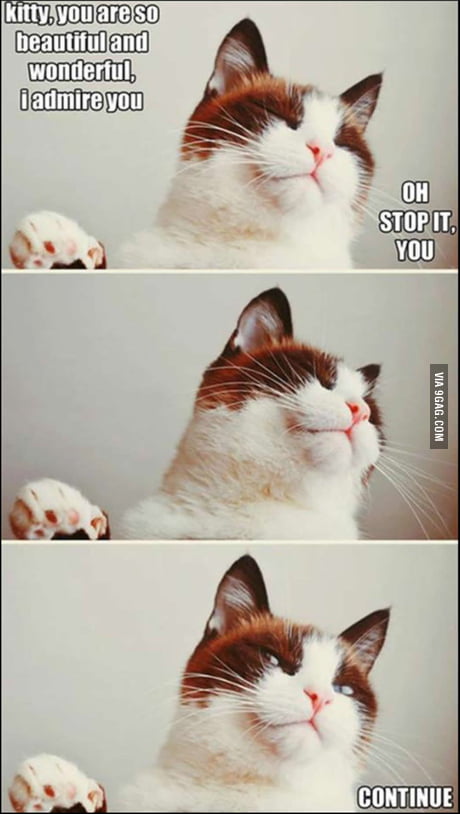source:
http://www.scientificamerican.com/article/want-clear-thinking-relax/
Dozing or being lazy for those 20 minutes is not the answer, however, in part because these states dull one's mental edge. Active relaxation relieves stress better yet keeps the mind primed.
The best active relaxation is a short mental vacation. Find a comfortable sitting position and close your eyes. Breathe calmly and regularly. In your mind, picture a particularly relaxing moment. Choose any scene you want, such as a quiet afternoon walk on a beach. During this imagined trip, think of as many sensations as possible—feel the soft sand between your toes, smell the salty air, hear the surf, enjoy the warmth of the sun on your face.
With only a modicum of practice, you will find that these “mental movies” can quickly lead to moments of deep relaxation.
To make your mental movies most effective, when you close your eyes think of a phrase to initiate the exercise each time, such as “I'm now going on vacation.” Then focus all your attention on your breathing. When you begin to breathe in and out, fully expand and contract your lungs: inhale slowly for six seconds, hold the air for three seconds and exhale for six seconds. To help control your breathing, imagine there is a candle in front of you; you are not trying to blow it out but simply to make the flame flicker. Do this exercise a second time and take note of the letting go you begin to feel.
If you can repeat this cycle numerous times, your epinephrine levels will subside and feelings of stress and anxiety should taper off. Then you can really enjoy your mental vacation, whether you are at the beach or on a mountaintop. When you want to end the exercise, be sure to return to your surroundings as gently as possible. Try mildly contracting all your body muscles while slowly opening your eyes.
Younger children may find such guided relaxation too restrictive. Instead of focusing on breathing, it may be easier for them to think of “quiet time.” Renowned Italian educator Maria Montessori discovered that most children love the quiet (which may seem unbelievable to many stressed-out parents) and respond well to the following instruction: “Close your eyes. Be completely quiet. Don't move. Hear the silence and listen to your body.” And if young people find it difficult at first to develop a soothing mental image like a beach, read them a story, and they will readily transport themselves to an imaginary world, which is the real goal.
If a child has great difficulty keeping still and silent, calm background music can provide an ideal bridge. The same applies to adults who have trouble relaxing. Listen to melodic, instrumental music, allowing your thoughts to flow freely. For a short break at the workplace, imagining such music is enough—close your eyes and turn on your mental CD player.








